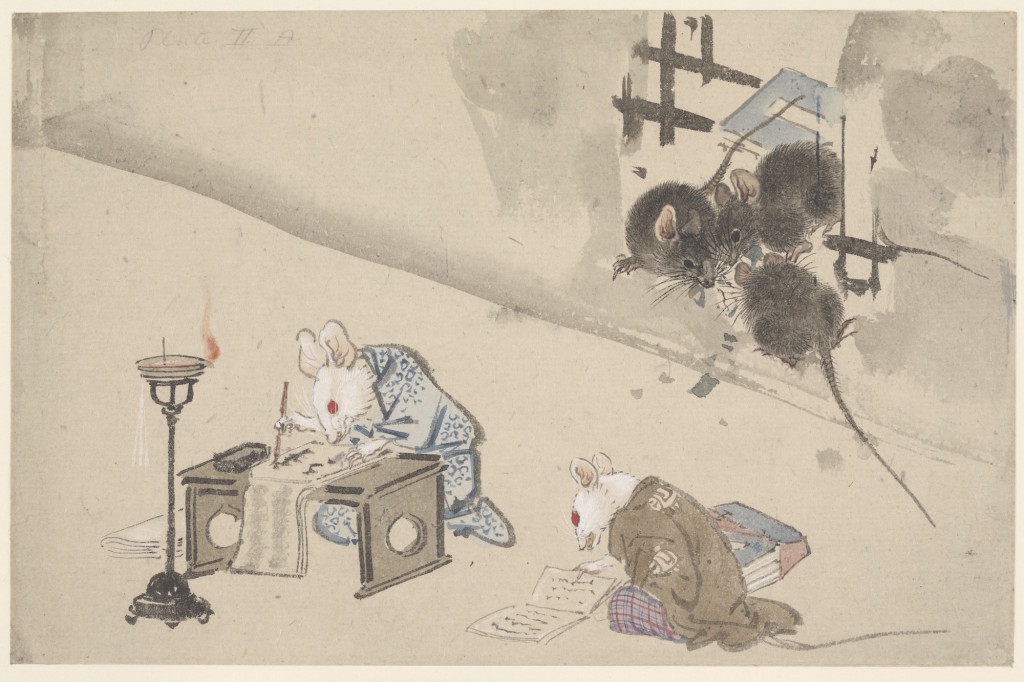… Young people often ask, “How does one become a writer?” My answer is always simply: “By writing.” Writing is like experience: if you don’t experience things, then you won’t understand life; and if you don’t write, then you won’t know what you’re capable of creating.
Yu Hua, China in Ten Words
One of the primary goals of this course is to get us writing more about cultural objects that are generally (not always, but generally) passively consumed. There is certainly a lot of writing out there on games (particularly videogames): some of it is great, some of it is terrible, most of it floats somewhere in Mediocrity Land. While we’ll be reading a lot of good writing about games and play (most of it academic), I want everyone to become more comfortable writing about these somewhat difficult cultural objects in a thoughtful, nuanced manner.
 Most of the writing you do in this course will not be “academic.” By which I mean: there is no “formal” paper, the type of which you have no doubt written several of in your academic career. I will not be assigning topics, and with the exception of your final longform essay and short weekly responses, I will not be dictating how and when you write. I just want us to write. But when I say we won’t be doing “academic” writing, this doesn’t mean that we won’t be taking our writing seriously. I’ve provided a number of examples of non-“academic” writing (some done by academics): often highly researched, extensively cited, and always, always thoughtful. But this is a chance to go out on a limb: explore ideas (which may or may not entirely work), connect to material from other courses, and meditate on your own interests.
Most of the writing you do in this course will not be “academic.” By which I mean: there is no “formal” paper, the type of which you have no doubt written several of in your academic career. I will not be assigning topics, and with the exception of your final longform essay and short weekly responses, I will not be dictating how and when you write. I just want us to write. But when I say we won’t be doing “academic” writing, this doesn’t mean that we won’t be taking our writing seriously. I’ve provided a number of examples of non-“academic” writing (some done by academics): often highly researched, extensively cited, and always, always thoughtful. But this is a chance to go out on a limb: explore ideas (which may or may not entirely work), connect to material from other courses, and meditate on your own interests.
This doesn’t mean every post you make needs to be lengthy. One of the advantages of this format is we can more easily share things we come across in our daily lives, brief thoughts on our readings, or anything else. Interesting ideas often spring from those small, random moments.
I spend a lot of time crafting posts on my personal blog, just as I do when writing a formal academic piece. I expect that you, too, will spend a lot of time on your writing for this class. But above all, I hope you will approach your work in this class in the spirit intended: with a mixture of seriousness and playfulness (after all, this is a course on games and play!). Don’t be afraid to write, don’t be afraid if it’s not perfect, and don’t be afraid to go out on a limb – it’s only by writing that we get better at writing.
Image of mice inscribing a book (Japan, Meiji period) from the Freer & Sackler
